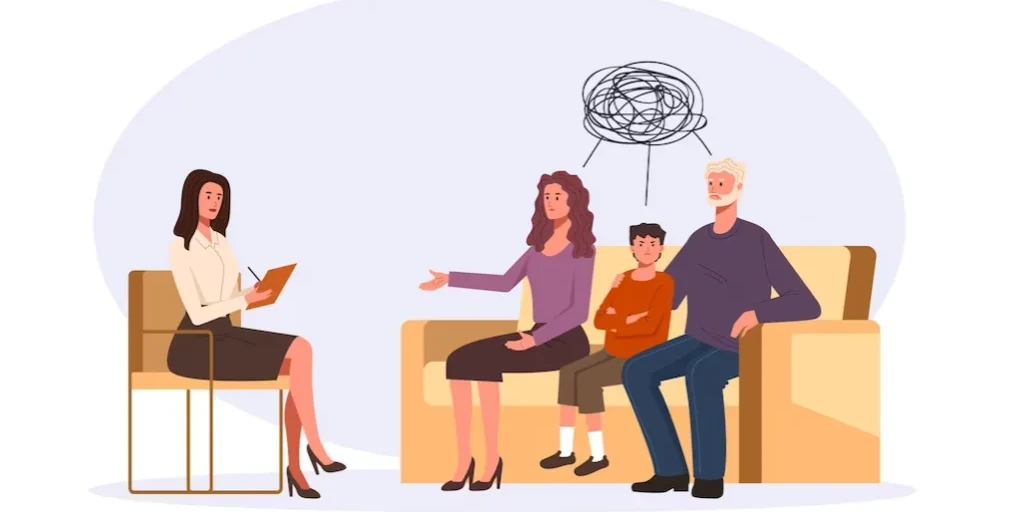24/7 Helpline:
(866) 899-111424/7 Helpline:
(866) 899-1114
Other Categories in Palm Coast
Other Insurance Options

Highmark

Ambetter
Beacon

Choice Care Network

Self-pay options

State Farm

Access to Recovery (ATR) Voucher

Oxford

Premera

Optum

CareSource

MHNNet Behavioral Health

PHCS Network

Health Net

Providence

Optima

Medical Mutual of Ohio

Horizon Healthcare Service

WellCare Health Plans

Aetna

Quantum’s Oceanside Recovery
Quantum’s Oceanside Recovery specializes in the treatment of substance abuse, including alcohol and ...

AA – Alcoholics Anonymous
AA – Alcoholics Anonymous is a non-profit rehab located in Palm Coast, Florida. AA – Alcoholics Anon...

Stewart Marchman ACT – Behavioral Health Center
Stewart Marchman ACT – Behavioral Health Center is a private rehab located in Palm Coast, Florida. S...

WhiteSands Treatment – Palm Coast
WhiteSands Treatment – Palm Coast is a private rehab located in Palm Coast, Florida. WhiteSands Trea...









